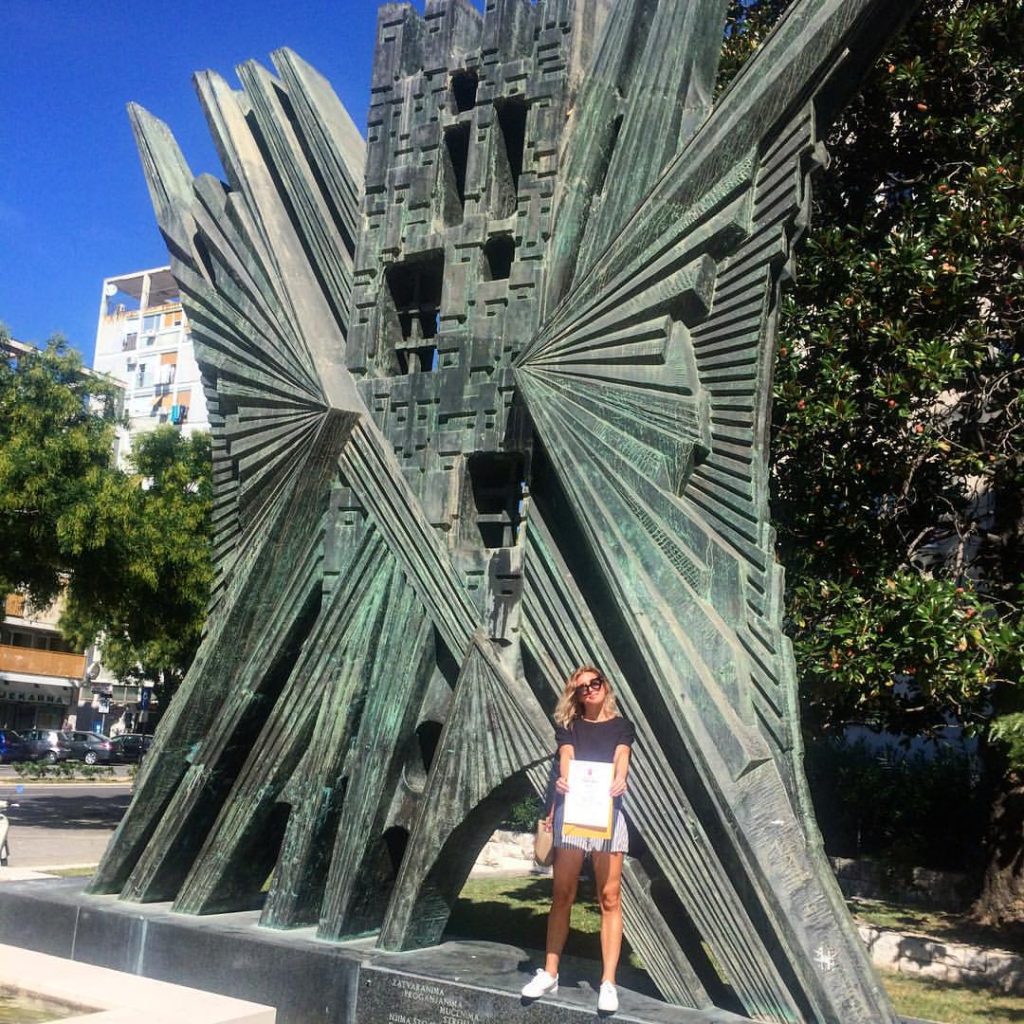June 18, 2019 – TCN’s recent series featuring the successful returnee stories from the speakers at the recent diaspora tourism conference in Split led to several requests for more of the same. And so we continue in the same vein, looking at more people who have made the successful switch back to the Homeland, starting with TCN’s very own Daniela Rogulj, who made the switch from California to Split.
1. You are from California, returned to Croatia, something that many diaspora dream of doing. Tell us briefly about your journey.
It all happened by accident. In a nutshell, I came to Croatia via San Diego, San Francisco, Nashville, and London. I was born and raised in San Diego to a mother from Metković, father from Split, a grandfather from Prapatnica and grandmother from Stari Grad on Hvar. I moved to San Francisco for University, managed a cupcake shop, graduated, played a part in the tech industry, started developing my own mobile app and said bye to it all at 23 for Nashville and eventually London.
After impulsively crossing the pond with my parents at 24, which saw me nearly overstay my six months as an American in the U.K., I needed a solution, and fast. I went back to California to get my birth certificate amended (my last name was spelled ‘Roguli’ instead of ‘Rogulj’), so I could begin the process of obtaining my Croatian citizenship to ensure I could remain living in London. Let’s just say that upon my return back to Heathrow, the immigration officer was having a bad day, and back to California, I went. Over the next few months, my parents decided to move back to the homeland and settled in Split. I visited them in Split the summer of 2015 without the faintest idea that it would be my home for the next four years.
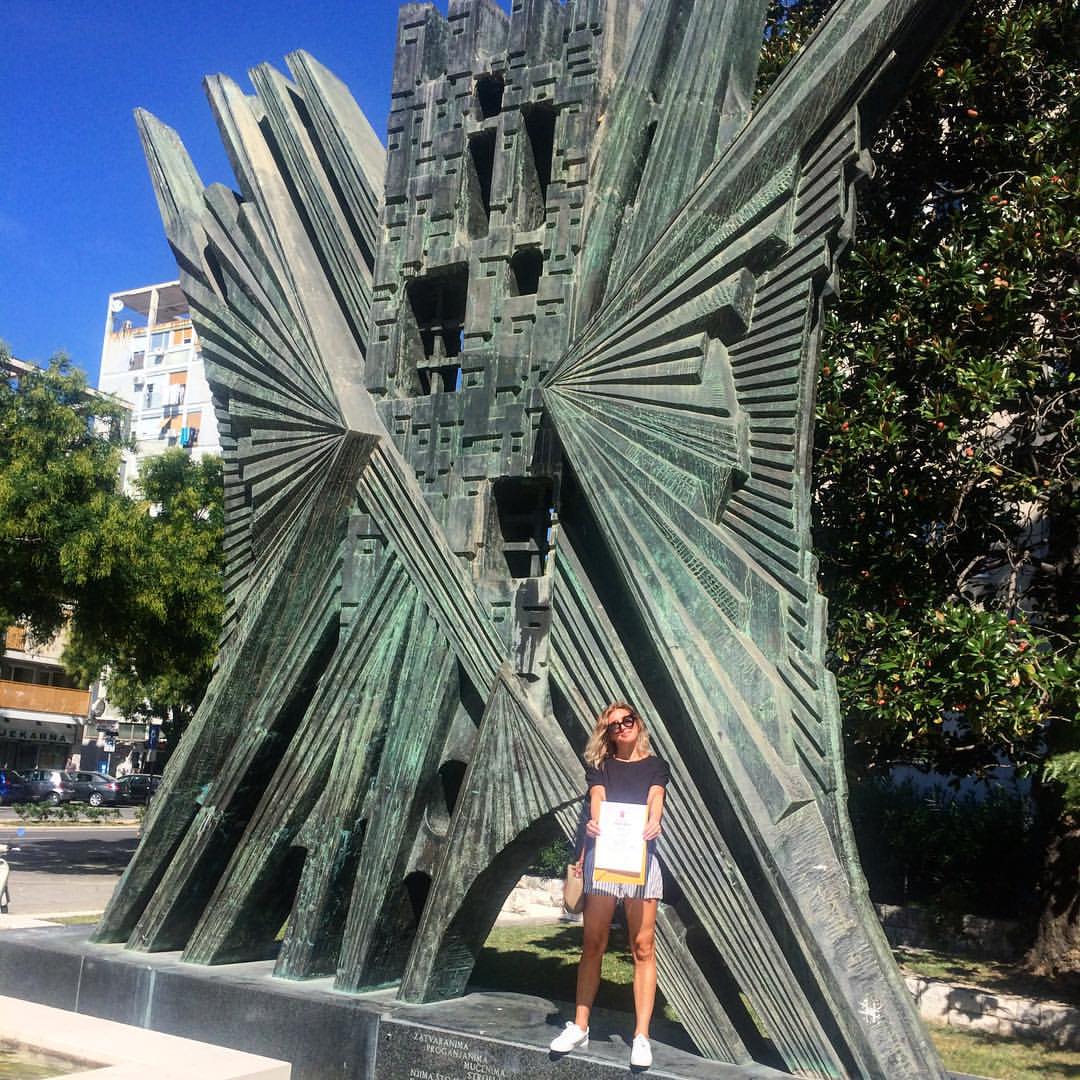
The day Daniela became a Croatian citizen
My first 10 or so months in Split were spent trying to meet people while figuring out what I would here. A job at Total Split popped up on my Facebook feed in April 2016, and considering I studied journalism in college and was the token blog writer for the San Francisco startups I worked for, I gave it a shot. I joined Total Croatia News in May of 2016 to lead Total Split, and that’s when my life in Croatia really began.
Not only did TCN open a world of doors for me, with invites to exclusive events and excursions to explore the gems of Croatia, but I’ve had the chance to meet (and befriend) innovative business and restaurant owners around the country, many of whom are in the diaspora community. It’s also given me opportunities I never thought possible – at least not possible for me in the United States. Like following Hajduk from Split to Liverpool, or the Croatia national team from Zagreb to London. My work for TCN during the World Cup last summer was recognized by the largest sports radio station in the world, and I found myself as the Croatian correspondent for various radio shows in the UK last year – the BBC even called me for an interview. I marked my third year with TCN last month (thanks Paul & team).
2. Looking back, what were your hopes, expectations and fears about moving to Croatia?
Maybe it’s best that I didn’t have many considering I had no plans to live here at all. After I received my citizenship that summer (which surprisingly took a painless two weeks in Croatia compared to a year of torture in London and the US), I must have told my parents every day that I would not be calling Croatia my home and furiously looked at apartments and jobs in Berlin or anywhere but Croatia. To me, Croatia was my summer home; where life stopped when the seasons changed. I didn’t know Croatia past the warm and lively summer season, and I wasn’t interested in finding out.
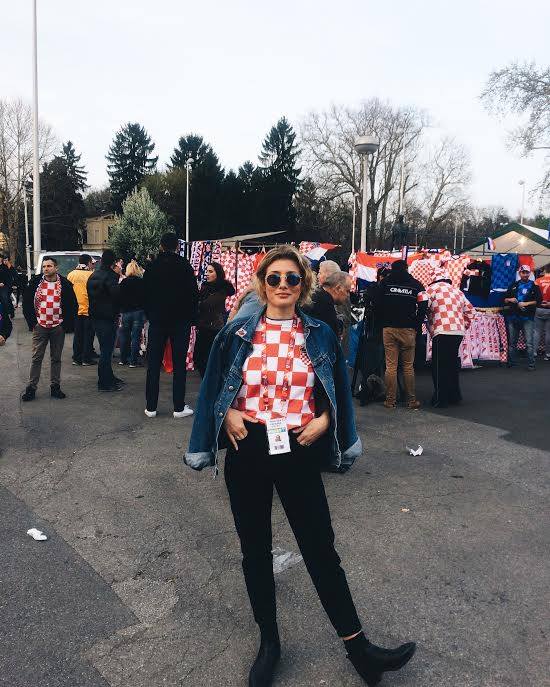
But after the summer settled that September and I celebrated my 25th birthday on a mild Split day, something changed. Split wasn’t just the transit hub I knew to get to Hvar or the pitstop my family would make for a Hajduk game. Split was a spirited city – and at the time, it was experiencing a new renaissance. I told myself I’d be a fool not to give Split a chance, and perhaps my biggest fear then was not knowing the slightest bit of what lay ahead. I was lucky to be young enough at the time to fail and start over again 100 times, and I guess I expected that much. I was worried about meeting people, if the language barrier would make it harder, and what job I would do in Croatia at all. I had experience in the tech industry, which at the time I had no idea even existed in Croatia, and I knew I wasn’t comfortable jumping into an office job in a working culture I knew nothing about. The one upside about moving here without a clue of what I’d do is that it forced me to get out, meet people and begin the conversation. This settled my fear and slowly made me more and more comfortable with my decision to stay here.
3. How supportive was your Croatian community back home at the time?
My Croatian community back home consisted exclusively of my extended family, and I remember some of them expressing mixed feelings about it all. The ones that knew Croatia well wondered what I’d do here. “You’ll make significantly less than you did in San Francisco, and you have no idea what it’s like in the winter!” I’m sure even today some of them think I’ll come back to the States, which isn’t in my plans whatsoever.
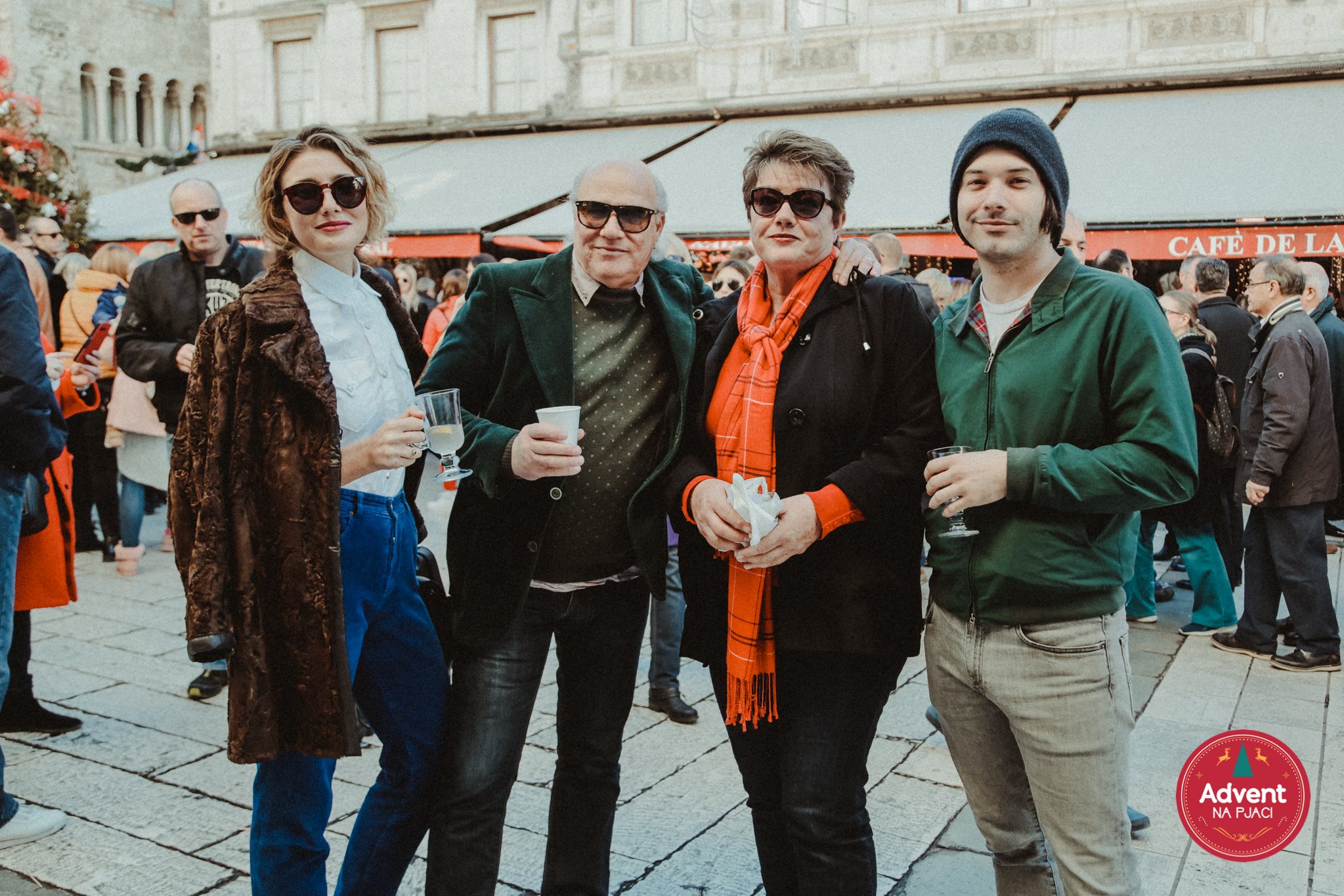
My immediate family has supported me unconditionally throughout my journey, and I owe them the world for that. It certainly helped that my parents were by my side as I started my journey in Split.
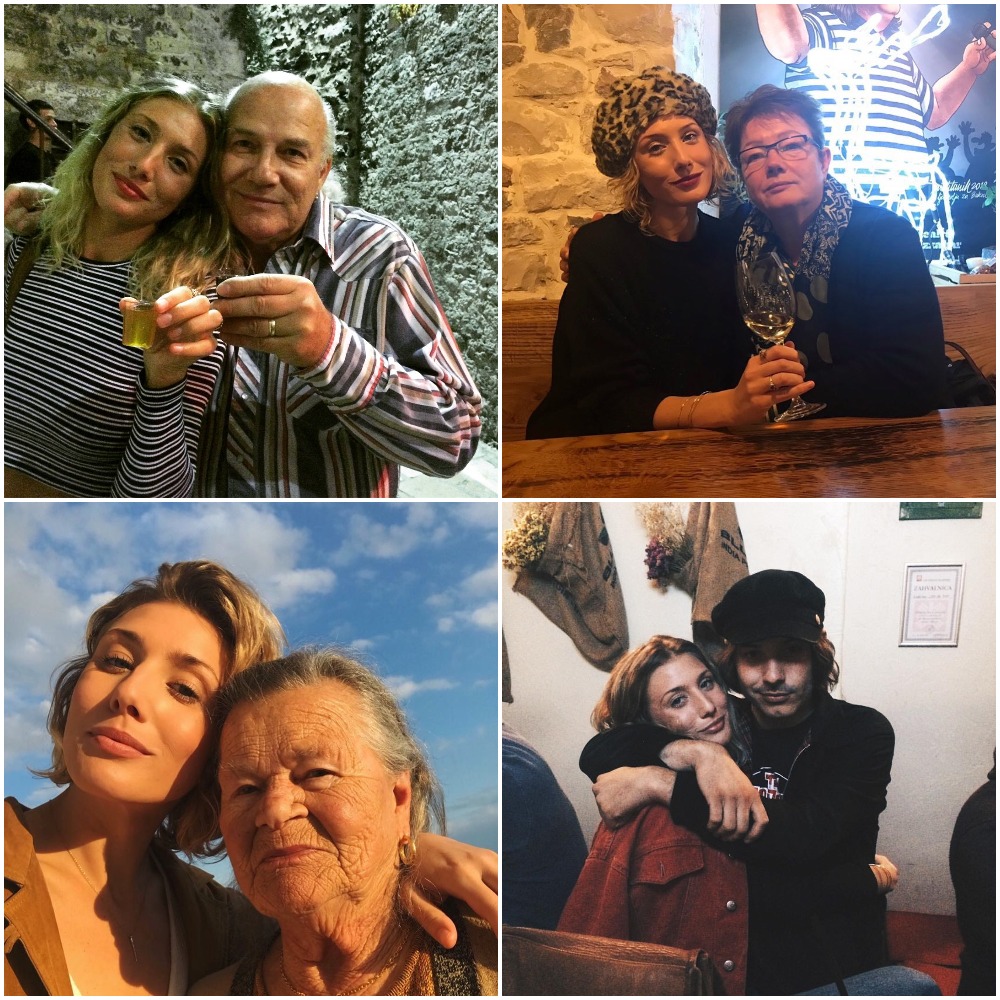
Because I never officially announced that I was moving to Croatia, and just proceeded to stay after that summer, I think I missed a lot of the pressure and criticisms there could be otherwise.
4. What were the main differences in what you expected to find in Croatia and the reality of living in Croatia?
Learning to live seasonally. Something I cherish now, but struggled with when I couldn’t find tomatoes my first winter here. But also adapting to the seasons in general – spring is the warm up, summer is the peak when you’re too busy to breathe, autumn is reserved for unwinding from the season, as is winter, but everything in the winter is closed. Seasons don’t exist in California, so this took some getting used to.
The pace of life, in general, is another one. While it’s easy to adapt to the lax mentality in Dalmatia when you’re holidaying here in the summer, it throws you for a loop when you’re living here permanently and trying to get things done. Though it has its perks, and I’ve definitely adopted the ‘pomalo’ way in some aspects of my life, like learning to walk at a considerably slower pace than my city days in San Francisco. And to-go coffee is a thing of the past.
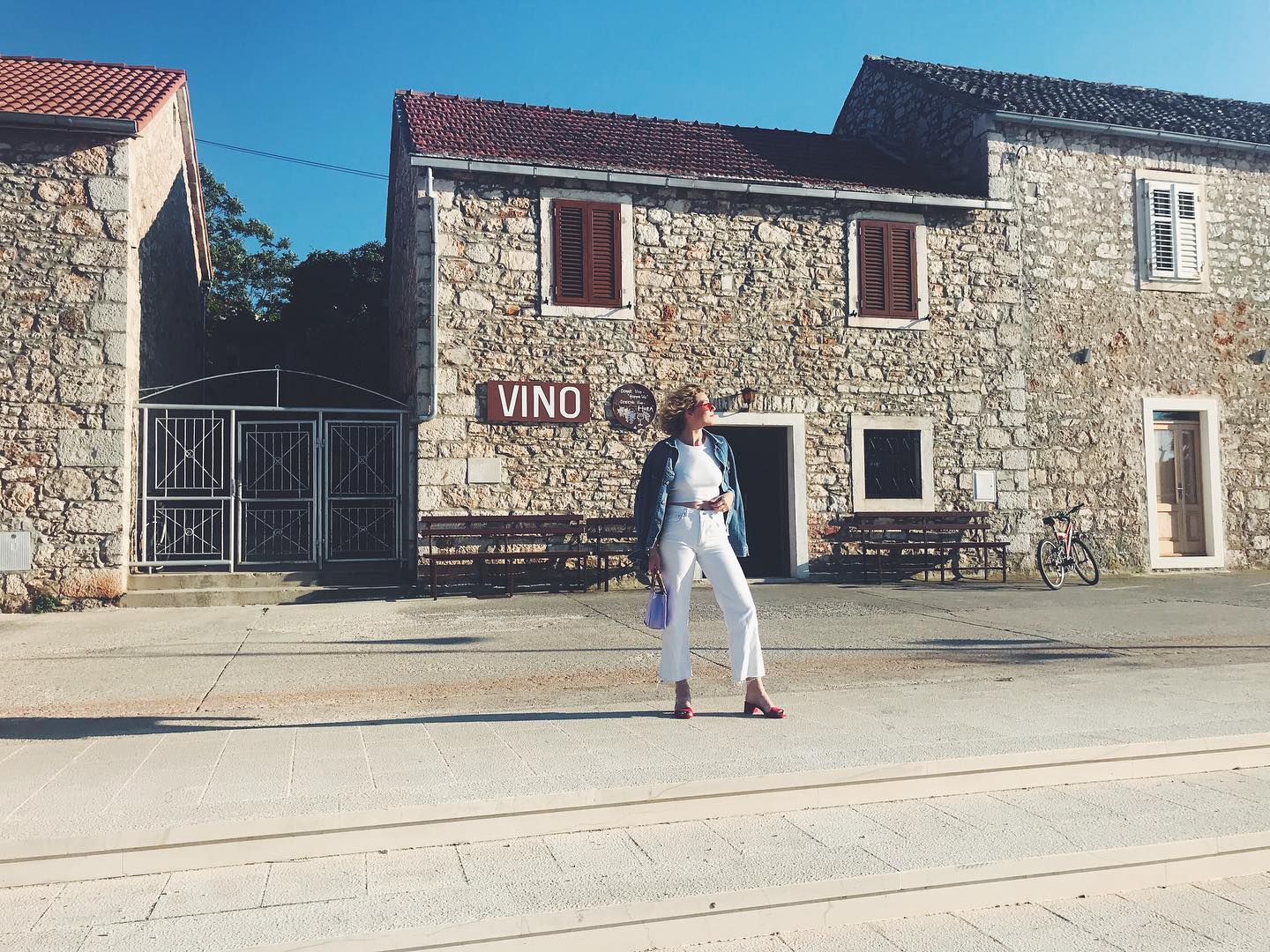
Furthermore, America is the land of customer service, and you learn pretty quickly that Croatia is not. Though I still tip as I would in the States hoping that this small nod to good service can be an example for others.
A monumental difference is how safe Croatia is. Ditching the pepper spray from my city days for the uninterrupted late-night walk home is a massive bonus. You also get the feeling that the people around you will lend a helping hand, without asking any questions.
4. Many diasporas think of returning but few do. In truth, there is little information out there about real-life stories and help/info about the process. What advice do you have for those who are thinking about making the move?
Be patient, take a lot of deep breaths, stay here in the winter or a good part of the offseason, and try not to compare it to back home. Coming here with a plan is probably smart, though you have to expect that plan will be altered, edited, amended, adjusted, and most likely rewritten at least once. On the contrary, I had no plan and really no idea, and still managed to find my way.
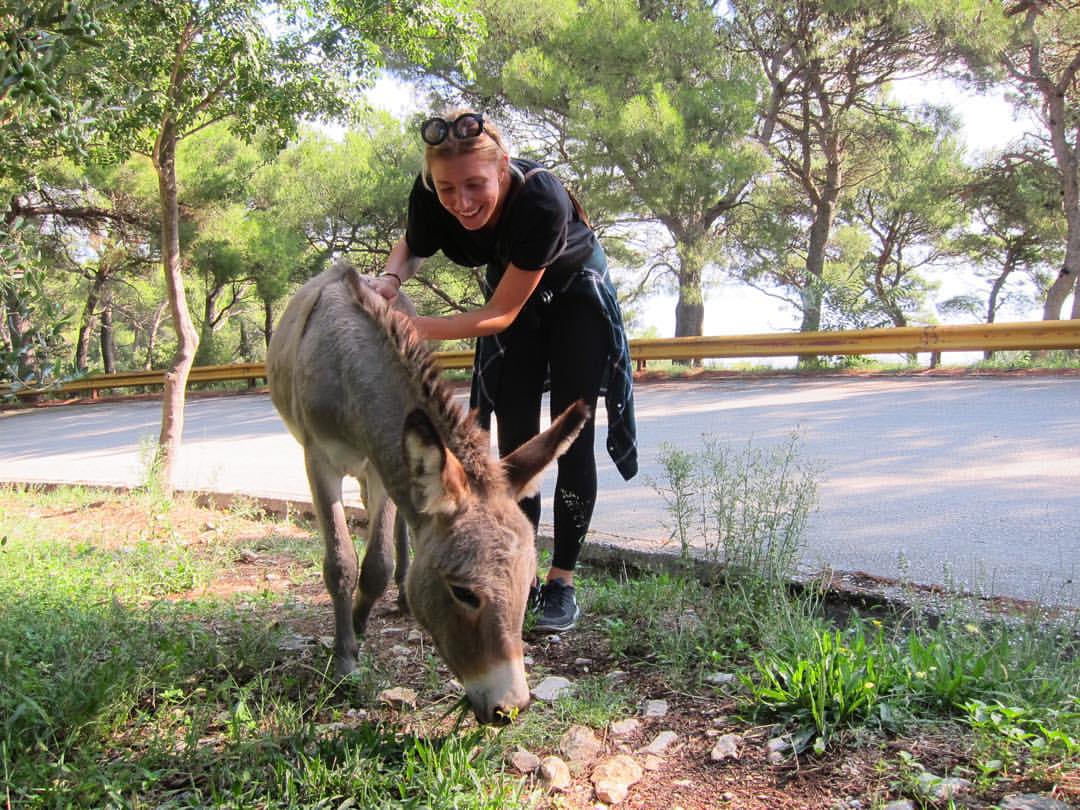
While it’s nearly impossible for us stubborn Dalmatians, ask for help, because you’ll be surprised to find how many people have already been through what you’re going through. And if they don’t have answers, they’ll at least lead you in the right direction.
But really, deep breaths and the willingness to endure uphill battles is a must, though coming out on the other side is incredibly rewarding. Come determined and try to weed out a lot of the negativity you’ll hear – it’s not always true, and remember, we do love any reason to complain.
5. How were you perceived in Split as diaspora moving back – was the welcome warm?
“Why in the world would you leave California?” If I had a lipa for every Uber driver’s baffled expression when I tell them I live here permanently…
On the upside, it does open a platform to educate Croatians thinking of leaving that life isn’t always greener on the other side.

But yes, the welcome was warm, and you quickly learn that there are a lot of others just like you; a lot of others who took the leap to live here. And that is a feeling of comfort by itself.
6. Through a lot of hard work, you have been very successful, while many foreigners have given up and left Croatia. What are the keys to success in doing business in Croatia in your opinion?
Learn the importance of having a bubble (and when to come out of it), persevere (the American work ethic definitely pays off here), and keep a supportive group of like-minded people close. Try not to let people know too much too quickly and be careful with who you let in. Testing the waters is key. Acclimating to how the locals operate to ease your daily frustrations is equally as important. And if you’re lucky to have just a few run-ins with the beauty of Croatian bureaucracy while you’re here, consider that a great success.
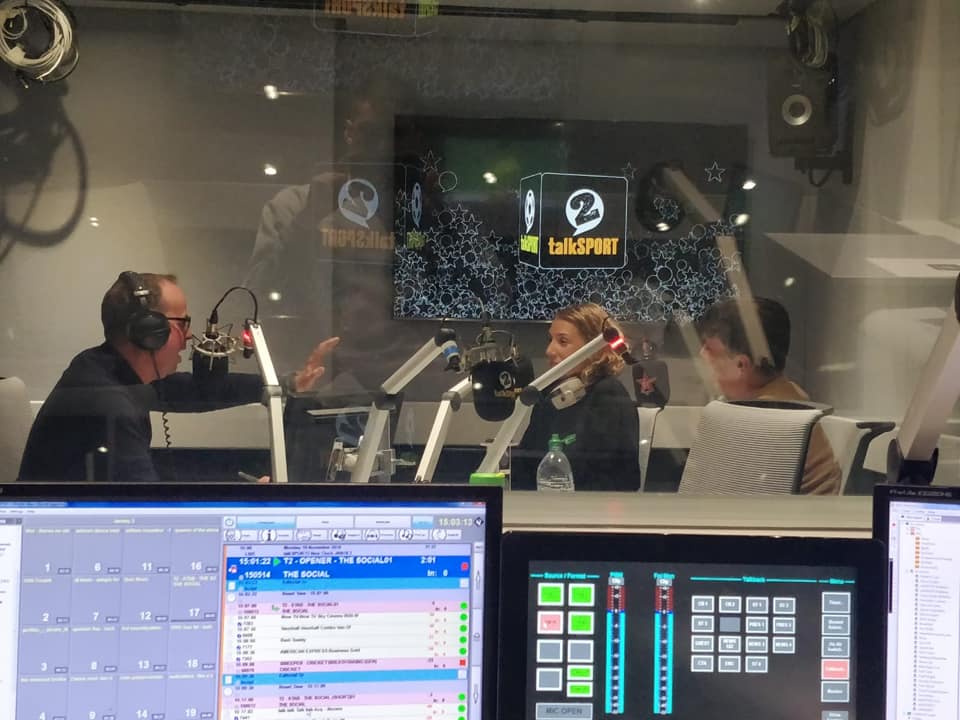
Daniela on-air with Talk Sport at their studio in London.
7. What is the diaspora community like in Split and how integrated is it with locals?
I’d say that Split has a reasonably large diaspora (and expat) community. From the events I’ve been to, there seem to be more ‘foreigners’ than locals. The expat group holds book swaps, coffee meetups and pizza nights, while the ‘Croatian Australians & NZers and Friends in Split’ group organizes outings for Anzac Day and the like. I believe that keeping a healthy balance of locals and expats is crucial to creating the harmony you need in Split.
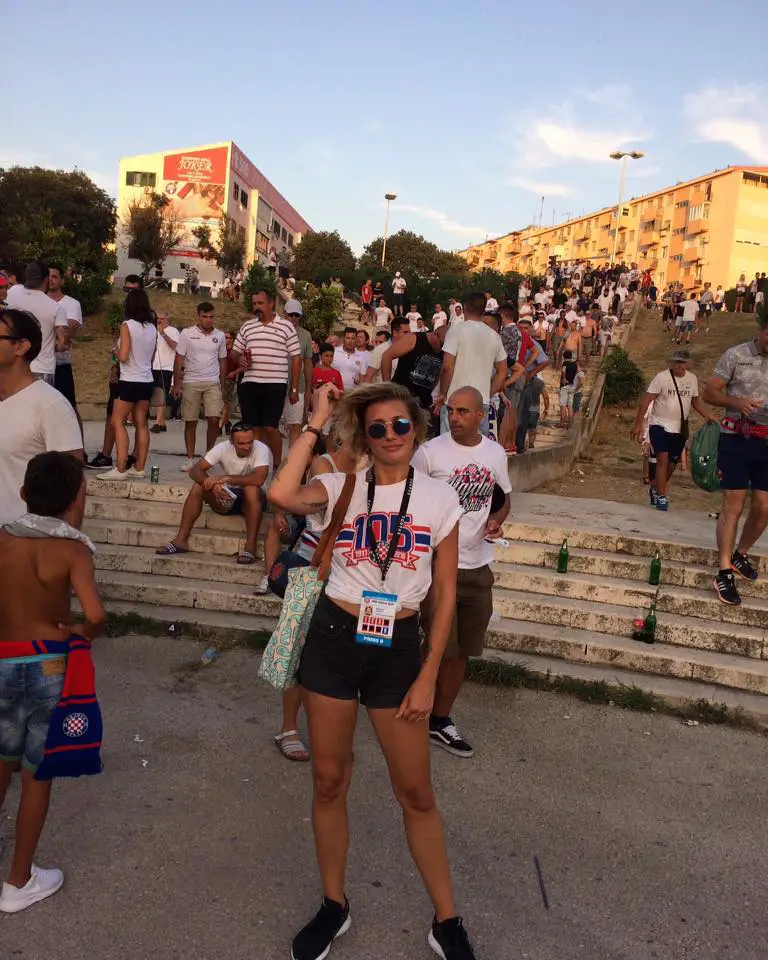
8. And finally, 3 things you would change in Croatia?
The drivers – do pedestrian crossings mean anything in Croatia?
Talk about the war – which I am surprised to see discussed often in the diaspora community. We will never move forward by looking back.
The amount of time it takes to get anything done. From the beloved Croatian bureaucracy to checking out at a grocery store. You quickly get used to the delay, and while I enjoy that waiters don’t rush to bring you your bill after coffee, it’s another story when paperwork is involved, or you’re at the bank or just trying to keep anything to a schedule. Schedules don’t really exist here, and neither does the concept of being ‘on time’. Remember, “I’ll be there in 5 minutes” usually means at least 30 and probably an hour. Welcome to Dalmatia. It has its perks.
For more on the Croatian diaspora, check out the TCN dedicated section.
Are you a returnee who has moved back to Croatia and would like to be featured in this series? Please contact us on [email protected]

